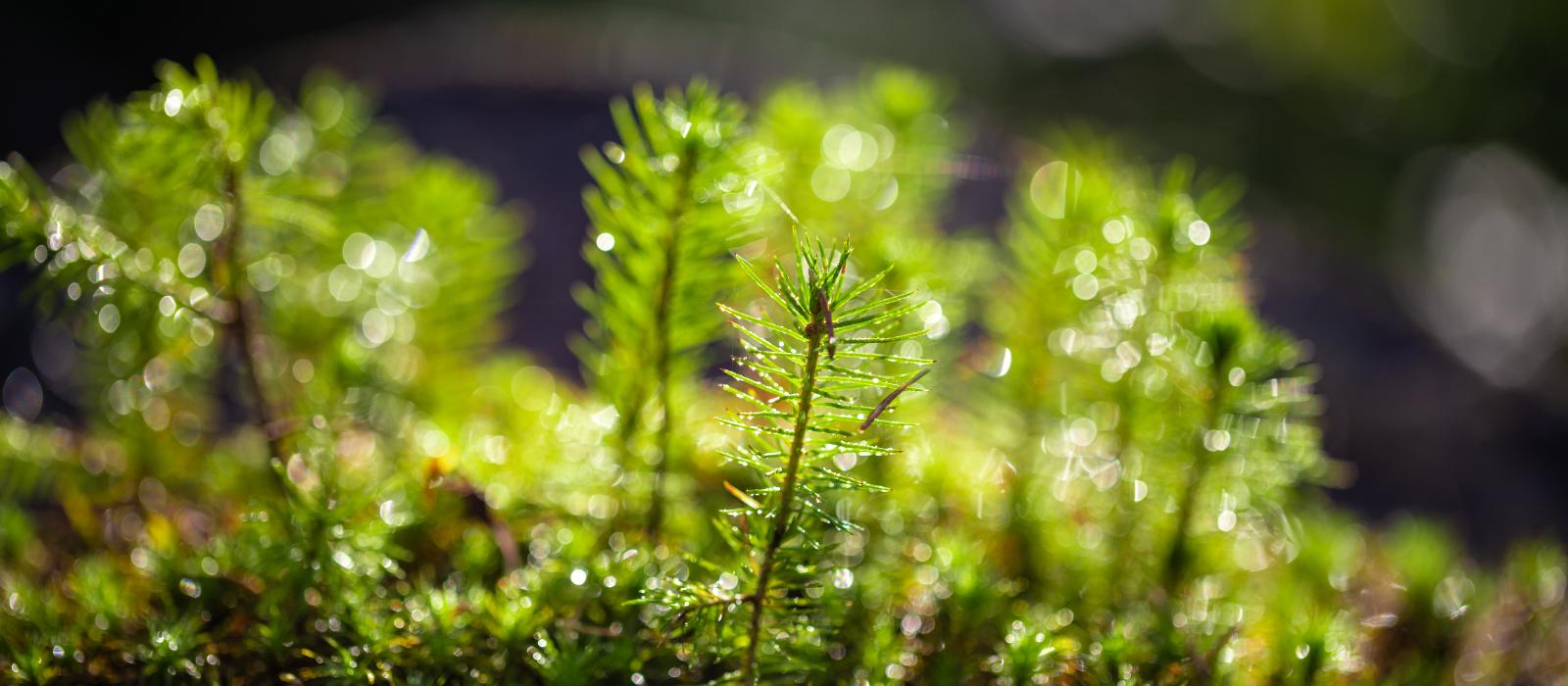Conservation

Conservation is a field concerned with protecting and preserving the natural resources and ecosystems of the earth. It involves practices and approaches to minimize the impact of human activities on the environment and to ensure the long-term health of the planet. Conservationists work to preserve wildlife habitats, reduce greenhouse gas emissions, and maintain the quality of air, water, and soil.
The conservation field is interdisciplinary and draws on a range of scientific, technical, and policy expertise and skills. Conservation professionals often collaborate with government agencies, nonprofit organizations, and the private sector to identify, protect, and maintain the health of critical ecosystems and natural resources, and to educate the public about the importance of conservation and sustainability.
The field involves a wide range of activities, including:
- Habitat restoration: working to restore degraded habitats to their natural state
- Land acquisition: buying or acquiring land to be protected and managed for conservation purposes
- Species protection: working to conserve and protect endangered species and their habitats
- Environmental advocacy: advocating for policies and regulations that support conservation and protection of natural resources
- Education and outreach: educating the public about the importance of land protection and promoting sustainable use of natural resources.
Some of the common careers in this field include:
- Conservation Educator: They educate the public about the importance of conservation and sustainable use of natural resources.
- Trail Design, Maintenance and Construction: They oftentimes work in remote locations on varied terrain and in all weather conditions.
- Conservation Biologist: They study the relationship between organisms and their environment, and work to protect endangered species and their habitats.
- Park or Forest Ranger: They interpret, manage, protect public lands and park resources.
- Wildlife Biologist: They study wild animals and their habitats and develop plans to protect them.
- Land Use Planner: They work to balance the use of natural resources with preservation efforts.
- Land Trust Manager: They oversee the acquisition, protection, and management of conserved lands.
- Environmental Scientist: They conduct research and provide scientific information to support conservation efforts.